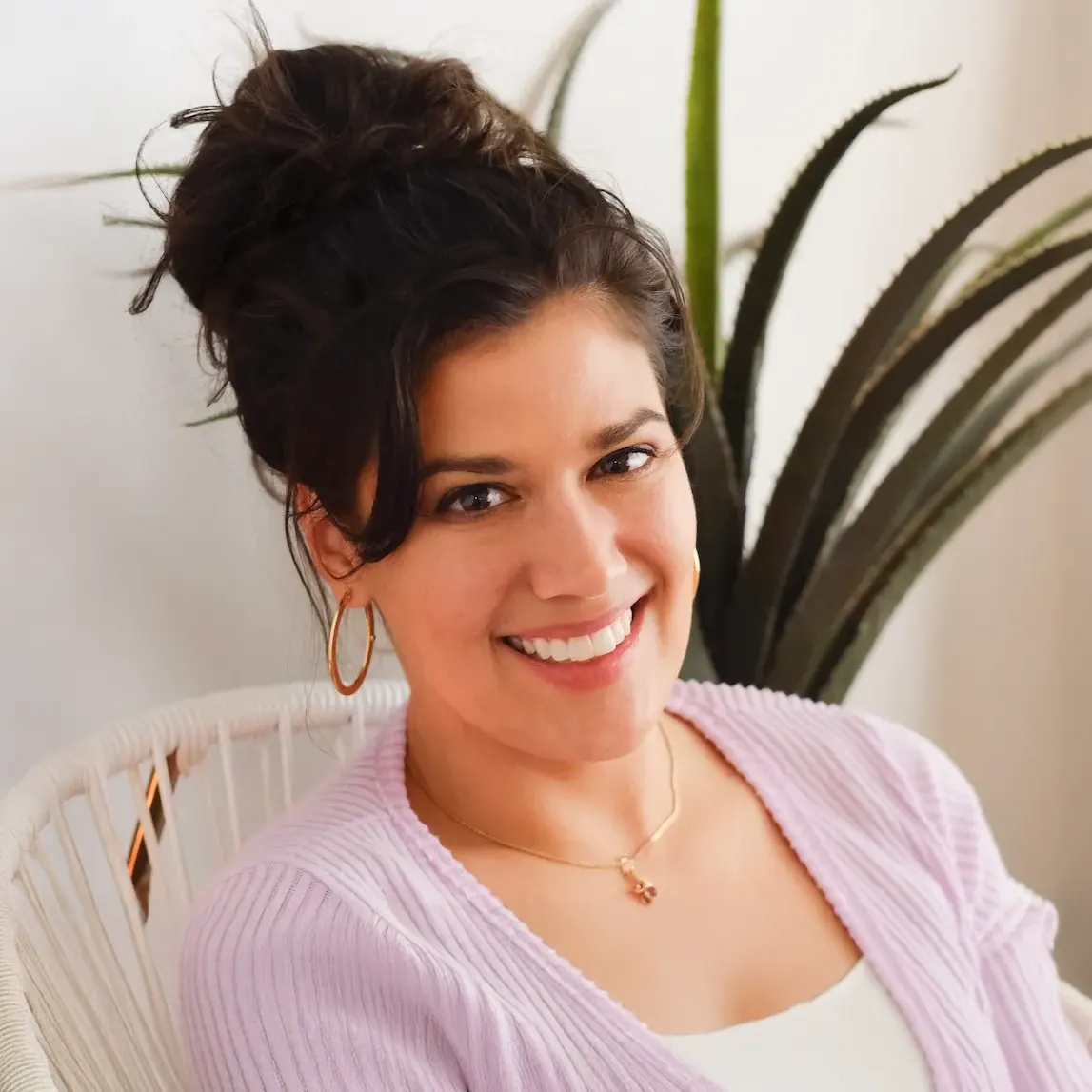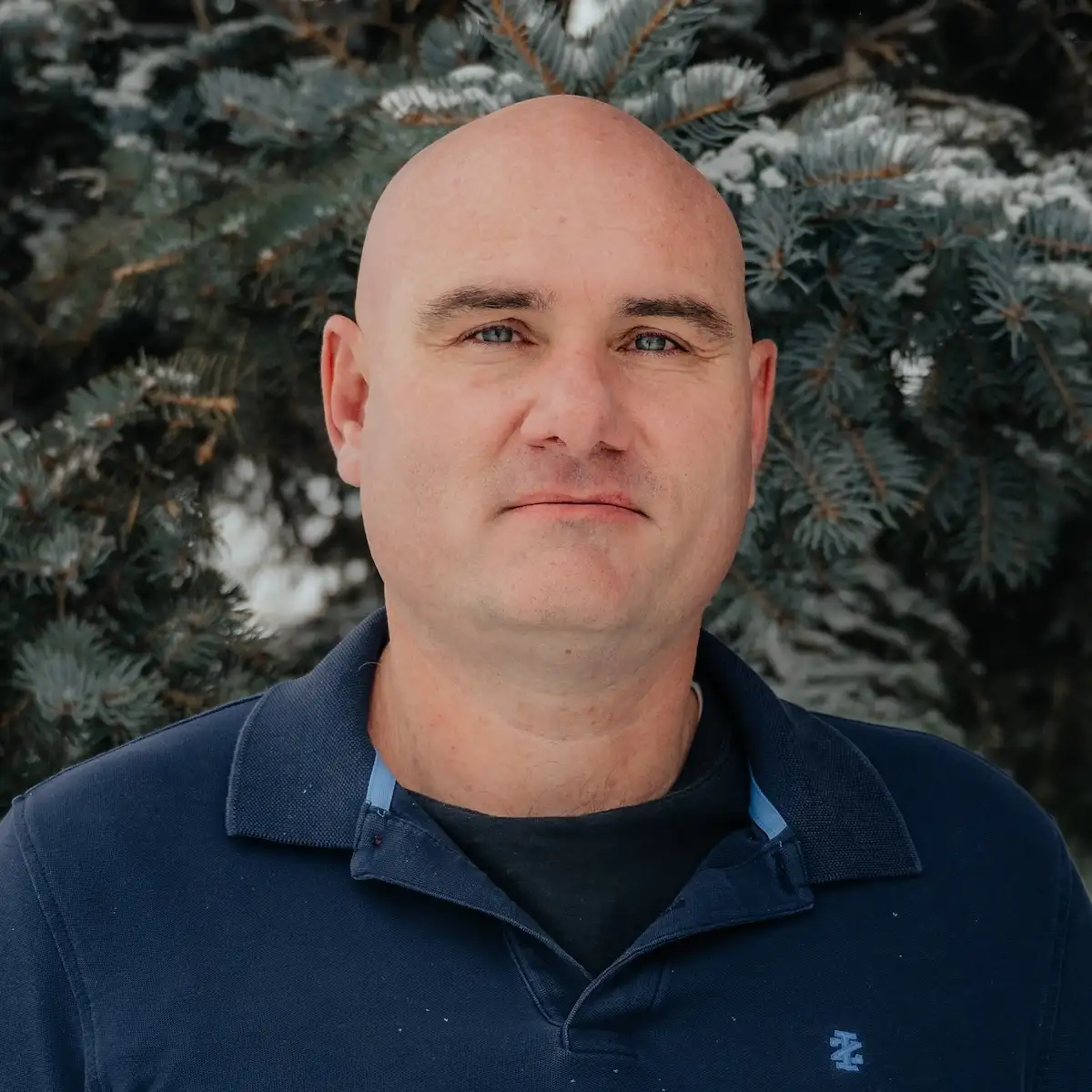Relationship Therapy and Counselling in Toronto
Browse videos, and choose your best match based on availability, and most of all, fit.

Therapists
Virlyn Collantes

Virlyn Collantes
Alexandra Walcott

Alexandra Walcott
Eda Mucaj

Eda Mucaj
Candice Frederick
-Cropped.webp)
Candice Frederick
Abhilesh Thomas Kollamparampil

Abhilesh Thomas Kollamparampil
Rachel Bennett

Rachel Bennett
Wendy van Es

Wendy van Es
Michael Wassef
-Cropped.webp)
Michael Wassef
Rebekkah Stainton

Rebekkah Stainton
Katie Harry

Katie Harry
Mark Peterson

Mark Peterson
Sarah Lewis

Sarah Lewis
Nisha Thakkar

Nisha Thakkar
Mohamad Shabib

Mohamad Shabib
Alexa Harder

Alexa Harder
Jason Scriven

Jason Scriven
Michelle Mammoliti

Michelle Mammoliti
Maria Chaplick

Maria Chaplick
Jide (Paul) Oderinde
.webp)
Jide (Paul) Oderinde
Emma Cheuk

Emma Cheuk
Lea Konforte

Lea Konforte
Sofia Diaz

Sofia Diaz
Mike Stroh

Mike Stroh
Jacob Damelin

Jacob Damelin

Therapy is hard work.
Frequently asked therapy questions
There are therapists who also focus on certain mental health conditions or life experiences.
For example, we know the majority of people who visit First Session are looking for anxiety therapy in Toronto or depression therapy in Toronto.
If you’re unsure exactly what you need help with, that’s totally normal. A therapist can help you better understand your needs.
You might only know that you are struggling to maintain healthy relationships with friends, family, coworkers or romantic partners, but you’re not sure why. That might be a signal that you want to start with a focused search for relationship therapy in Toronto.
Relationship therapy is a form of psychotherapy (counselling therapy). While it can be applicable to couples or marriages, some therapists are able to approach individual therapy from the perspective of improving our interpersonal relationships with others.
First Session filters therapists by specialization to help you find a therapist for your needs. Some other popular specialization categories include:
In Ontario, there are four regulated types of therapists: psychiatrists, psychologists, social workers, and psychotherapists. Being regulated means these practitioners have education requirements, they must adhere to rules (regulations) set by the government. and those therapists are overseen by a governing body called a “college.” Colleges register and license these practitioners under these titles once they’ve met their requirements.
Psychiatrists have a medical degree and are able to both diagnose mental illnesses and disorders and prescribe medication. While they can provide counselling and psychotherapy, it’s rare to book a psychiatrist for this on your own—you’d most likely see them through a doctor’s referral only for a diagnosis and/or drug intervention (i.e. a prescription) and will likely need to seek out other professionals for therapy.
Psychologists in Toronto are highly educated at a PhD level in the science of human behaviour and the mind (“psychology associates” will have a master’s degree). Many psychologists remain working in academia, furthering research and evidence-based techniques. If they work with clients, psychologists can diagnose mental health conditions (not all therapists can do this) and they may offer psychotherapy or counselling therapy.
Psychotherapists in Toronto are regulated by Ontario provincial law. Psychotherapy and counselling therapy are often referred to as “talk therapy”—you can expect to work with them on mental, behavioural, or emotional needs through verbal or non-verbal communication methods.
Psychotherapists are overseen by the College of Registered Psychotherapists of Ontario (CRPO). Once they’ve met their requirements (exams plus direct and supervised client hours), they’ll be listed as a Registered Psychotherapist (RP). If they’re in the process of finishing their requirements, members of the CRPO can use the titles of Registered Psychotherapist (Qualifying) or RP (Qualifying). They may be available at a lower cost per session. If your insurance covers Registered Psychotherapists, in most cases an RP (Qualifying) will also be covered. See below for more information on therapy pricing.
It’s a common assumption that social workers in Toronto are only available via community services. However, social workers are therapists and you can book them for counselling or therapy, including on First Session. Registered Social Workers (RSW) have a bachelor’s degree or master’s degree (MSW). They can work in a variety of settings. In Ontario, Registered Social Workers can use the title psychotherapists in certain contexts.
You can book therapy appointments on First Session with social workers, psychotherapists or psychologists in Toronto.
“How much does therapy cost?” is one of the first questions many ask when they’re considering seeing a therapist.
You can expect therapy to cost anywhere from $50 to $300+ per session. Costs are typically affected by the therapist’s level of education and specialization. For example, new psychotherapists or counselling therapists may charge around $50 per session. Psychologists hold a PhD, so you expect them to charge closer to the $200 to $350 range. In some cases, psychologists will offer reduced cost counselling for as little as $150 per session.
If you’re in Toronto, the only therapy covered by provincial healthcare plans (OHIP) is a visit to a psychiatrist via a doctor’s referral, a family doctor who also provides psychotherapy services, or a therapist working in a hospital or another public health setting. The provincial government does, however, have a resources page available with a number of affordable and accessible mental health care options.
Therapy coverage by workplace insurance benefits can significantly reduce the amount you pay out-of-pocket to see a therapist. In that case, you work directly with the insurance provider to ensure your costs are covered. Your employer will not be aware of your usage. Every policy is different, but usually you pay for your session and then submit it as a claim to your insurance company for reimbursement. Your insurance provider’s benefits booklet will tell you what kind of coverage you have, and how to file claims.
Finally, affordable and sliding scale therapy options are offered by some (not all) therapists. This may allow you to pay lower rates if you are facing financial hardship. First Session lists clearly if a therapist offers sliding scale therapy. Always feel free to ask if there is availability.
Online therapy in Toronto allows clients to meet with therapists via phone, computer, or tablet. Your therapist may have a specific digital platform, or you might connect via platforms like Zoom or Google Meet. Whatever virtual platform is used, it should meet privacy standards.
If you’re more likely to seek in-person therapy in Toronto, you can expect to meet your therapist at a private practice office (which may or may not be shared with other therapists), at a clinic, or perhaps at their home office.
Before you get started, free phone therapy consultations in Toronto are common so that therapists can better understand how they can help. It’s also your chance to assess if that therapist is a fit for you. Not all therapists offer phone consultations so be sure to check out our partner therapist intro videos on First Session to get a sense of who a therapist is, their specializations and their approach to therapy.
To book either online or in-person therapy, you can contact a therapist’s office directly or you can easily book therapy online with First Session.
There are also some free therapy options, such as Telehealth, a hotline that is accessible 24/7. You can expect to talk to a registered nurse (RN) who may provide some talk therapy over the phone or who can offer additional resources. Phone calls are completely confidential.
Anyone can book an appointment with a therapist or counsellor. While some people are referred to therapy, there are no requirements and you can reach out on your own any time. You also do not need to wait until you think your symptoms are “severe enough” to seek help. Any time you are feeling like something is wrong, it’s okay to reach out for help.
You might start by looking for individual therapy, which involves one-on-one sessions between you and your therapist. Alternatively, you might benefit from group therapy (especially good for those who need support in social settings), or couples and family therapy if your needs involve the other immediate people in your life.
Browse therapists on First Session in those categories and more:
Some therapists focus on, or have specialized training for those who belong to particular demographics. For example, child therapy in Toronto often involves more play-based approaches as a way for the therapist and child to connect and communicate in a safe and welcoming way. Teen and youth therapy in Toronto addresses evolving issues facing young people from adolescence into adulthood and may take place with or without a parent present.
Therapists might also specialize in seeing members of traditionally underrepresented demographics. On First Session, we help your search with filters for terms such as 2SLGBTQIA+ therapy in Toronto or BIPOC therapy in Toronto. A therapist who has a deep understanding of your community’s challenges and obstacles may be better suited to help you, or you might find they are a better fit for you (but it’s not a must).
Therapists and counsellors will use core techniques for treatment known as modalities. Some of the most commonly searched modalities include cognitive behaviour therapy (CBT), eye movement desensitization and reprocessing (EMDR) therapy, dialectical behaviour therapy (DBT), and somatic therapy.
With CBT therapy, a therapist will help guide you through understanding distorted thought patterns, how those patterns create a certain view of the world around you, and how that impacts your behaviours and emotions. CBT is usually limited to a certain number of sessions, and will often involve homework to do between sessions.
“Dialectical” means opposing forces; two opposing truths may exist at once. DBT therapy in Toronto is a form of CBT that is shown to be more effective for people with heightened emotional responses, impulsive or self-destructive behaviours. DBT aims to guide people out of the kind of binary, all-or-nothing thinking that leads to intense responses to life’s complexities. DBT often involves group therapy.
While CBT is a form of “talk therapy”, somatic therapy puts a focus on the body. If you pursue somatic therapy in Toronto, you’ll look at how your body is physically reacting to stress and trauma or perceived danger, known as fight, flight, or freeze. Somatic therapy involves recognizing bodily sensations and learning how to discharge them to calm the body and address the mind.
Finally, EMDR therapy in Toronto was originally developed to treat PTSD and can be applied to trauma therapy and other mental health concerns. As you recall memories, your therapist will guide you through eye movements that help your brain make new neurological connections with these memories. The intended outcome is to start to observe and process them productively. This is a specialized area of psychotherapy and you should ensure you are working with a therapist who is trauma-informed or trauma-trained before beginning.
You can search for therapists by-modality on First Session, and read about which modalities they use on their profile pages.
Relationship counselling, also known as couples therapy, involves working with a trained therapist to address and resolve conflicts, improve communication, and strengthen the bond between partners. In Toronto, this can include diverse approaches like cognitive-behavioral therapy and emotionally-focused therapy, tailored to meet the unique needs of each couple.
The duration of relationship counselling in Toronto varies based on the couple's needs and goals. Generally, it can range from a few sessions to several months, with each session lasting about 60 minutes.
In the first session, couples can expect to discuss their goals, relationship history, and the issues they are facing. The counsellor will spend some time to get to know you, and take the time to build comfort and rapport. The therapist will outline the therapy process and establish a safe, confidential environment for open communication.
Couples can find qualified counsellors in Toronto through directories like First Session, referrals from healthcare professionals, or by researching therapists with credentials from recognized Canadian therapy associations.
Use First Session to find the best therapist for you.